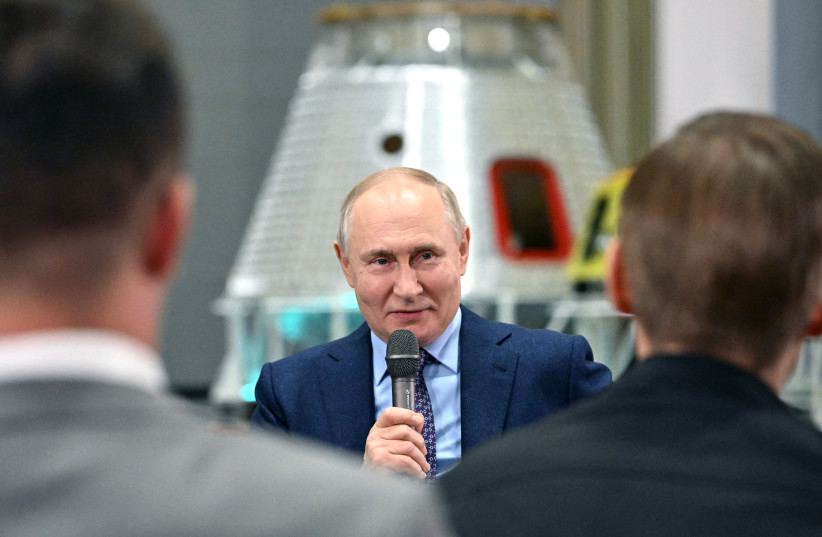Russia and China are considering putting a nuclear power plant on the moon from 2033-35, Yuri Borisov, the head of Russia's space agency Roscosmos said on Tuesday, something he said could one day allow lunar settlements to be built.
Borisov, a former deputy defense minister, said that Russia and China had been jointly working on a lunar program and that Moscow was able to contribute with its expertise on "nuclear space energy."
"Today we are seriously considering a project - somewhere at the turn of 2033-2035 - to deliver and install a power unit on the lunar surface together with our Chinese colleagues," Borisov said.
Solar panels would not be able to provide enough electricity to power future lunar settlements, he said, while nuclear power could.
"This is a very serious challenge...it should be done in automatic mode, without the presence of humans," he said of the possible plan.
Russia's ambitions for space
Borisov spoke also of Russian plans to build a nuclear-powered cargo spaceship. He said all the technical questions concerning the project had been solved apart from finding a solution on how to cool the nuclear reactor.

"We are indeed working on a space tugboat. This huge, cyclopean structure that would be able, thanks to a nuclear reactor and high-power turbines...to transport large cargoes from one orbit to another, collect space debris and engage in many other applications," Borisov said.
Russian officials have spoken before of ambitious plans to one day mine on the moon, but the Russian space program has suffered a series of setbacks in recent years.
Russia's first moon mission in 47 years failed last year after the state's Luna-25 spacecraft spun out of control and crashed.
Joint space efforts with China
Moscow has said it will launch further lunar missions and then explore the possibility of a joint Russian-China crewed mission and even building a lunar base.
China said last month it aimed to put the first Chinese astronaut on the moon before 2030.
Russian President Vladimir Putin last month dismissed a warning by the United States that Moscow planned to put nuclear weapons in space as false, saying it was a ploy to draw Russia into arms negotiations on the West's terms.
